
Seder Night in the Hospital
Right before Seder night, Moshe's father had a stroke and was rushed to the hospital. Moshe wanted to be by his side, but who would lead the Seder for his wife and children?

Translated by Rabbi Lazer Brody
Moshe's father was supposed to join Moshe and his family for the Passover Seder. The day before the Seder, his father had a stroke and was taken to the hospital. The family was confused and didn't know what to do about the Seder. Who would lead the Seder for their children if Moshe opted to spend the night with his father in the hospital? Moshe and his wife finally decided that the entire family would attend the hospital Seder to be near the grandfather.
Every year, a charitable organization in the hospital prepared a Seder for patients' families. They consequently relied on the hospital Seder and made no preparations of their own. But at the hospital dining hall, they had a rude awakening. The hall was packed and they couldn't find any place to sit down.
Naturally, these circumstances created a great opportunity for the Evil Inclination, which bombarded Moshe, his wife, and their three teenaged children with negative thoughts: Look at you, on the night of the Seder – the most important night of the year! Look at how sad your children are, how tense your wife is…
With Hashem's loving grace, Moshe had heard our CD lesson Stop Crying and decided to put what he had learned into practice. Instead of falling into negativity, he started to give thanks. “Thank You, Hashem that we 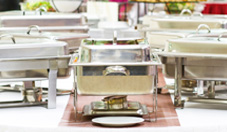 have nowhere to sit at the Seder. Thank You. You know what You are doing, Hashem. Surely all is for the best.”
have nowhere to sit at the Seder. Thank You. You know what You are doing, Hashem. Surely all is for the best.”
Suddenly, a thought entered his mind. He said to his wife and children, "What is happening here? Hashem sent us here so that we could help the sick people! Forget about our Seder. Let's help serve and make the patients happy. That will be our Seder – helping the patients!"
His feelings and personal prayers of thanksgiving certainly mitigated the severe judgments, and his wife and children were happy to comply. They began serving and forgot about their “troubles.” They focused on kindness and giving. After a short while, some seats opened up for them and they held their own Seder with great joy.
Moshe told me that the illumination and delight he, his wife and children felt are impossible to describe. The entire family agreed that this was the greatest Passover Seder they had ever had. I told him that he will never have another Seder like that, because such a Seder is the result of successfully withstanding a test of emuna, which gives it a completely different flavor.
Later, he understood why his father had to be hospitalized. He had asked his father a number of times to read The Garden of Peace. But his father was busy writing a book and didn't have time. In the hospital, though, he found the time to study the book.
After reading the book, the father changed; Moshe's mother said, "Something strange happened here. Either they switched him for someone else, or I don't really know him…"
After a few days the father inexplicably regained his health. He said that he understood that the only reason for his hospitalization was so that he had time for The Garden of Peace.
* * *
In the above story, we tangibly see the power of thanksgiving and believing that everything is for the best. Let’s use it to learn more lessons on thanksgiving: Not having a place to sit down for the Seder is a difficult trial. Seeing one's wife and children standing there, embarrassed and confused, is very unpleasant. After all, this was not just a regular night that if worse came to worse, the family could grab a piece of bread or some cake. It was the Seder night – the night that is the archetype for the year – however the Seder goes, so the entire year goes.
On the surface, Moshe should have felt sad and angry when he discovered that his family had nowhere to sit. However, this is where the power of emuna kicks in. It has no rules, no right and no wrong! Instead, a person has to relinquish his logic, because during a test of emuna, there is no way that the person can understand the logic behind it. All he can do is rely on emuna and believe that all is for the best – without understanding why and for what reason. He should thank Hashem for organizing a different Seder than the one expected, rejoice in the new Seder and believe that this is the Seder that will invoke a blessing for the entire coming year. Incidentally, that’s exactly what happened. On this important night, they helped everyone and gladdened the hearts of the patients who were there without their families. These great merits will accompany this family not only for the year but throughout their lives. A happy and kosher Passover!


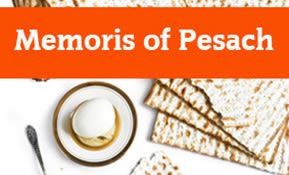
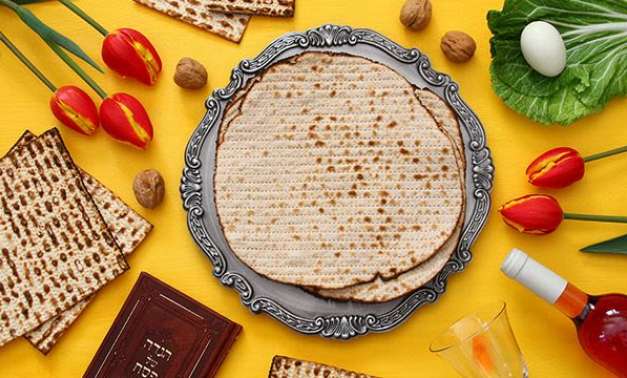
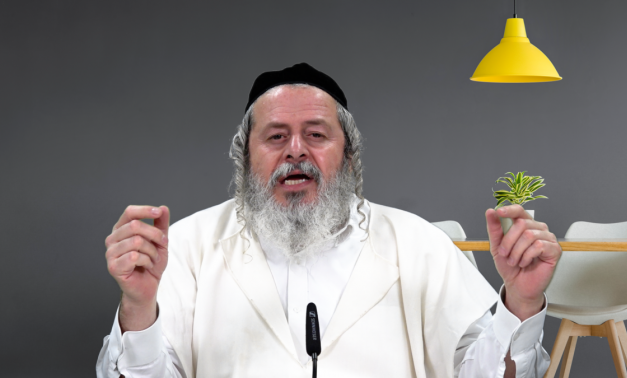

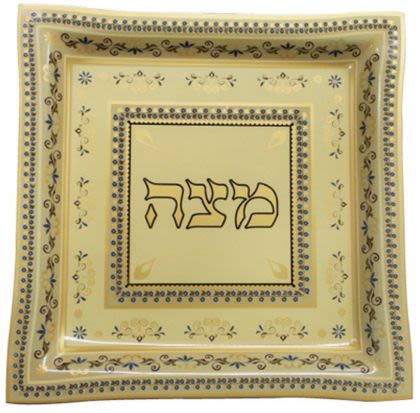
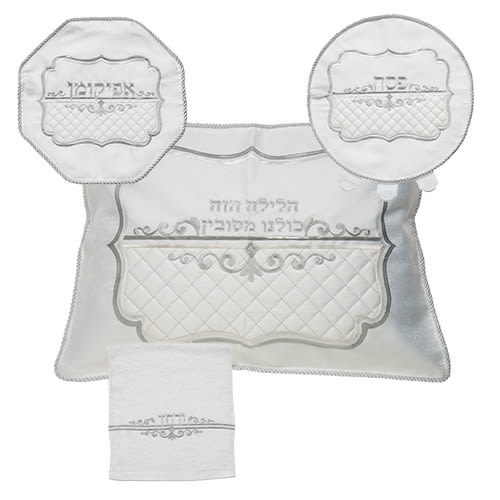
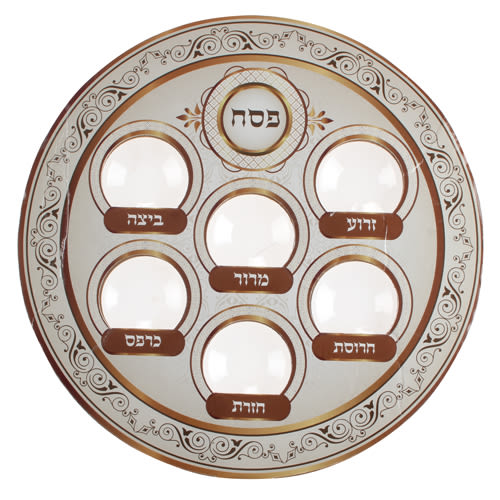
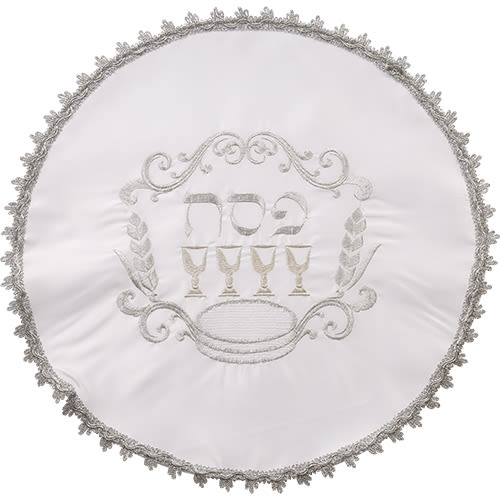

Tell us what you think!
Thank you for your comment!
It will be published after approval by the Editor.